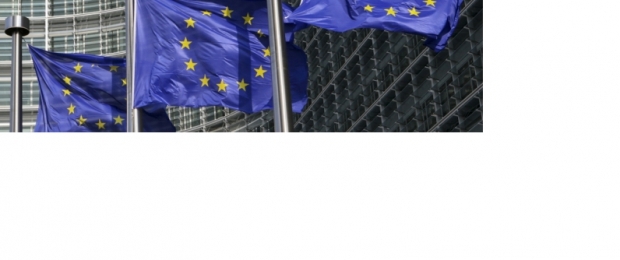
A new institutional vision
As the EU prepares to become a club of 30-plus countries, the immense task of reforming its institutions - so that they can work effectivelyand gain some democratic credibility - will be unending. There are already signs of a new institutional model emerging, with the governments - and in particular the prime ministers who sit in the European Council - in control. This is a welcome development, since heads of government have some legitimacy in the eyes of electorates, but the model will need much refinement in future rounds of reform.
The European Council should become the EU's strategic authority, setting an agenda for the various councils of ministers and the Commission to follow. The old antagonism between supranational and inter-governmental institutions should become a thing of the past: a joined-up European Administration should include the Commission, the Council Secretariat and a new Diplomatic Service. There should be frequent exchanges of personnel between them and national administrations. A reformed General Affairs Council, consisting of senior politicians appointed by prime ministers, and based part of the time in Brussels, should co-ordinate the work of the other councils. The rotating presidency should be abolished, to ensure continuity in policy-making and in external representation. A single person should combine the foreign policy jobs currently held by Chris Patten and Javier Solana, speaking for the EU to the outside world and chairing meetings of the foreign ministers. A "Mr Euroland" should chair the meetings of Euroland finance ministers and represent the euro-zone in international financial negotiations. In each of the other councils, the ministers should elect one of their peers as the chair, for a two-year period.
Much needs to be done to enhance the Union's legitimacy. Council meetings should be televised. A new Standing Council on Subsidarity should propose, every year, that a list of outmoded laws, programmes and budget lines be scrapped; the European Council could accept or reject these proposals. It is crucial to create links between national political systems and what happens in Brussels. Thus half the MEPs should be sacked, to be replaced by members of national parliaments, with lighter responsibilities than the full-time MEPs. As for the Commission, it will lack the authority to perform its job of managing the single market and the enlargement negotiations unless it gains an electoral mandate. So each EU country should directly elect one commissioner for a non-renewable term. The European Council should then choose one of them as president. Sounds unlikely? Maybe. But if the EU wants to become a truly continental Union it must adapt - or suffer a lingering death.
